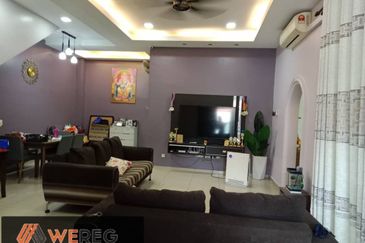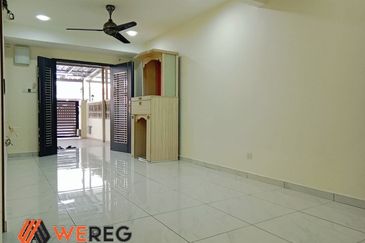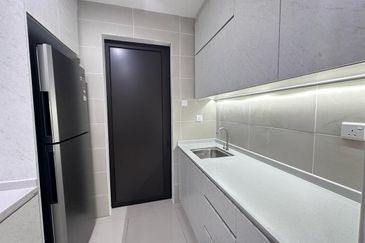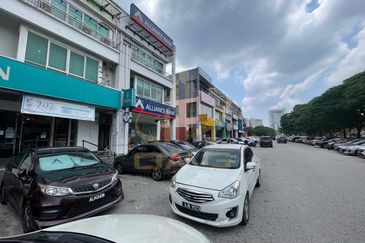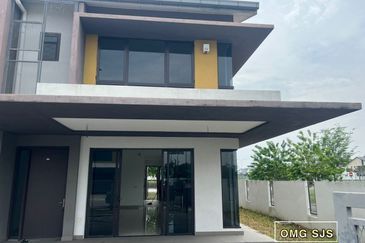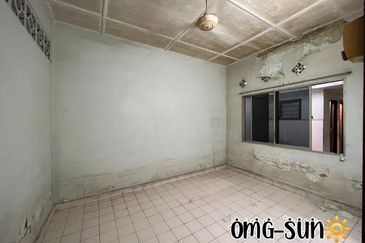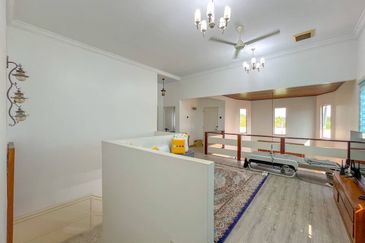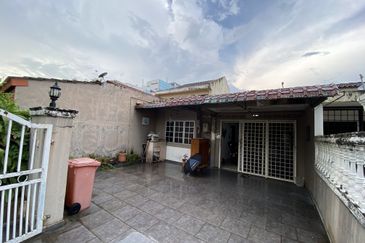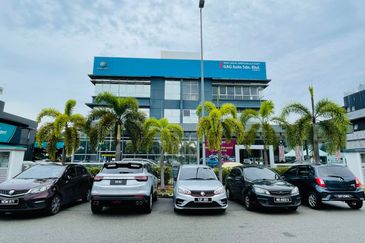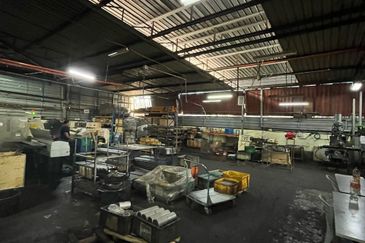Covering nine countries – China, Hong Kong, India, Indonesia, Singapore, Taiwan, Thailand, Australia and New Zealand – the survey found that tenants in most countries except Thailand believe the effect of the global financial crisis is fading.
“After coming through the economic uncertainty of the global financial crisis, tenants in Asia Pacific are generally optimistic about the economy and their prospects for growth,” said Chris Cuff, executive director, corporate solutions, Asia Pacific, Colliers International.
“From a demand perspective, the commercial property market cycle is improving, however most tenants are still very focused on cost-savings, which is impacting their choice of office accommodations,” he added.
Colliers surveyed 740 office tenants – 351 from Australia and New Zealand and 389 across Asia – and collated information on the impact of the global financial crisis (GFC) on tenants’ leasing decision-making; workplace relocation and design; the importance of building selection in staff attraction and retention; and environmental sustainability.
The survey revealed that over half of tenants in Asia surveyed claimed the GFC impacted their leasing decision-making.
“In Asia, Hong Kong is the most optimistic, with only 38% of companies still affected [by the GFC], followed closely by India and Singapore,” Colliers said. “However, Taiwan, Thailand and Indonesia still have a majority whose decisions are being affected by the GFC.”
In Australia and New Zealand, 83% of tenants surveyed said the GFC no longer affected their leasing decision-making plans.
Towards an upswing
The organisations were also asked about how they see the commercial property market and use a property cycle clock where 12 o’clock represents a peak period, 3 o’clock means a downswing, 6 o’clock a trough and 9 o’clock means an upswing.
“Looking at the markets throughout the Asia Pacific, on average the commercial property market is perceived by tenants to be sitting at 7 o’clock on the property cycle clock,” Colliers said. When it came down to looking at the individual countries only Thailand showed a 4 o’clock rating with 42% of tenants not seeing an improvement in the market.
The Colliers survey also revealed that the greatest amount of tenant relocation and redesign activity is happening in China and India.
Tenants from Thailand, China, India and Indonesia are more likely to relocate in the next three years.
The survey revealed that convenience was the main reason for moving. “An important reason for moving revolves around a more convenient building location, described by tenants as one that is in close proximity to public transport and one that has access to the CBD and amenities for staff such as cafes, restaurants and retail facilities,” Colliers said.
Colliers' result also showed that many reasons for feeling the building choice is important revolves around staffing concerns, where a good location leads to happier staff, and also the logistics for staff getting to and from work.
“Accessibility for staff is the most important attribute in Asia versus a good location in Australia and New Zealand,” Colliers revealed.
“Tenants identified a location close to public transport and air quality, a direct result of good air-conditioning system, as more important than all other building attributes when it comes to attracting and retaining staff,” Colliers said.
Security is rated higher in Asia than Australasia (Australia and New Zealand), it revealed, above even IT and communication capabilities.
In terms of occupying a green-rated building, “over one-third of tenants now say that number one driver for occupying a green building is the cost savings that can be incurred on their operating expenses resulting from reduced energy consumption.”
In terms of whether occupying a green-rated building is has strategic value, Asia has a 40% approval rating compared to Australasia with 53%. The naysayers gave reasons such as not wanting to pay higher rent (38%) and not seeing any relevance to their type of business (14%).
TOP PICKS BY EDGEPROP
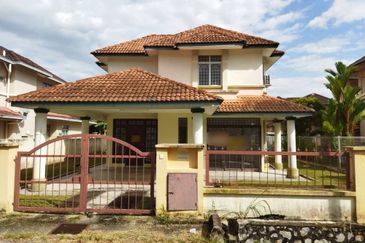
Taman Tasik Semenyih (Lake Residence)
Semenyih, Selangor
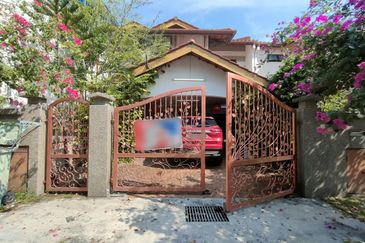
Suadamai, Bandar Tun Hussein Onn
Cheras, Selangor
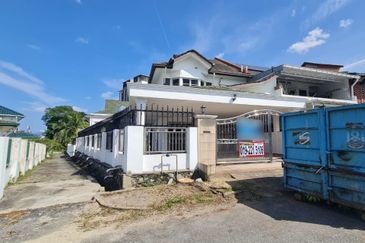
Suadamai, Bandar Tun Hussein Onn
Cheras, Selangor
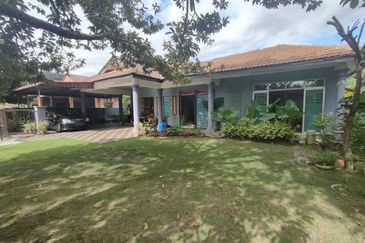
Taman Tasik Semenyih (Lake Residence)
Semenyih, Selangor
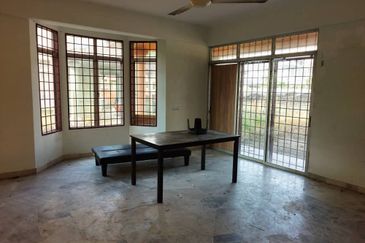
Taman Tasik Semenyih (Lake Residence)
Semenyih, Selangor
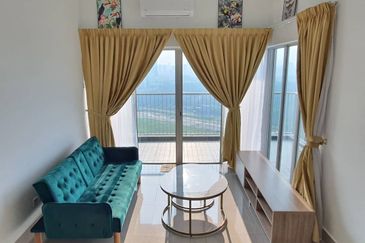
Razak City Residences
Salak Selatan, Kuala Lumpur
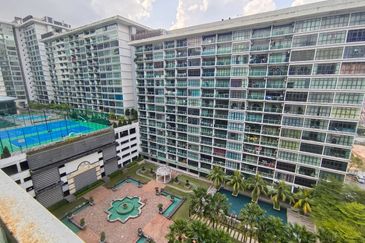
Palazio ( Pangsapuri Mayland Austin )
Johor Bahru, Johor

